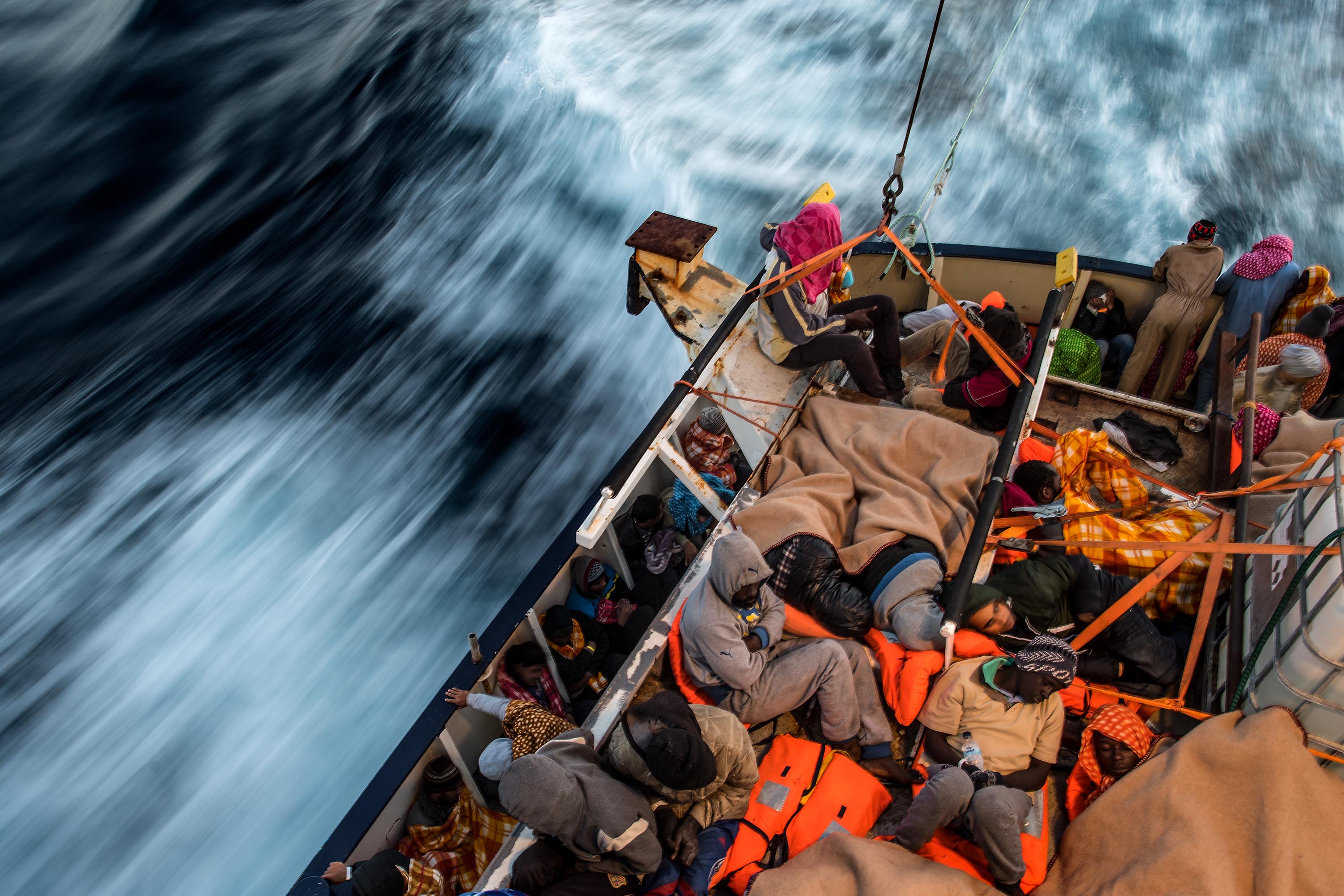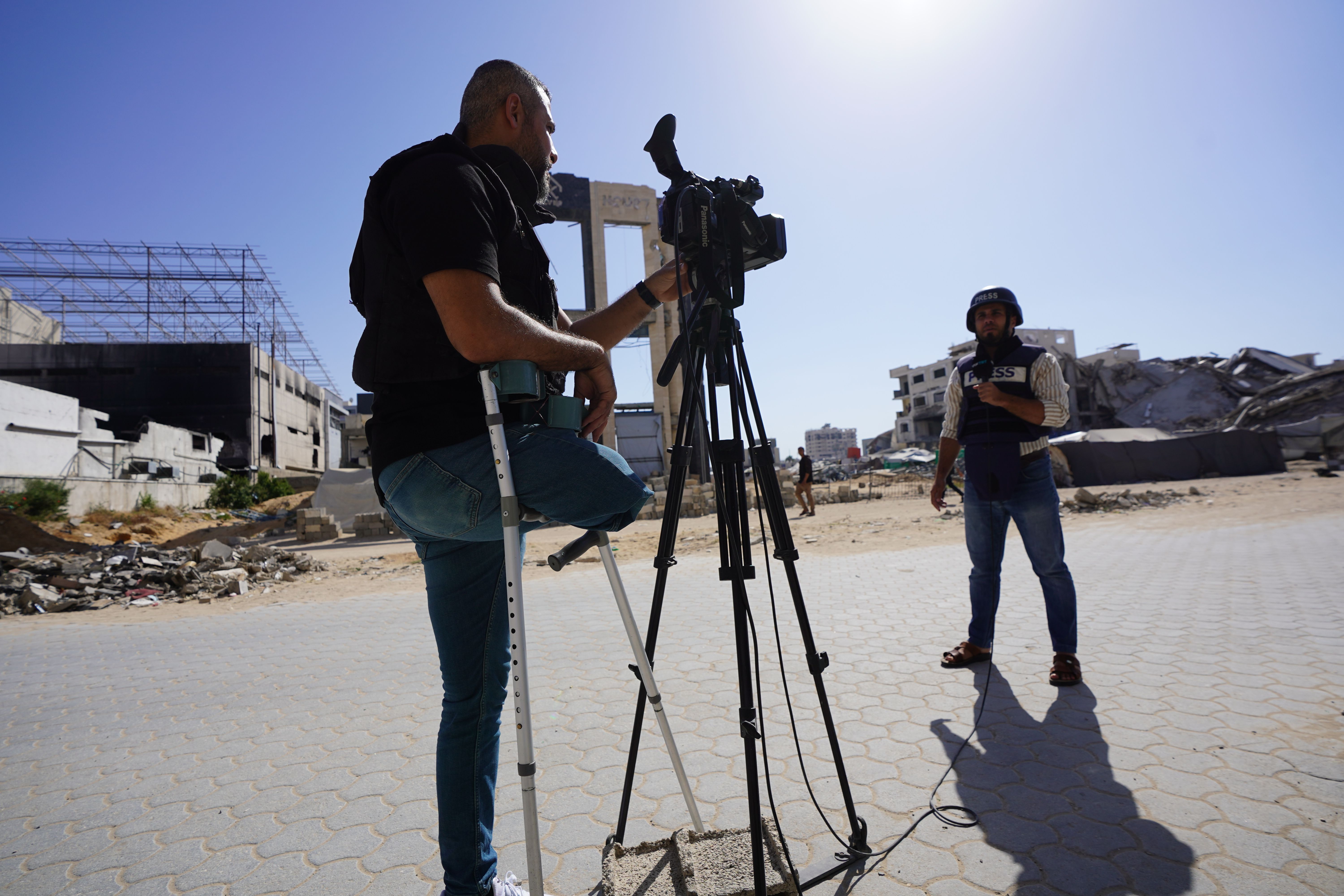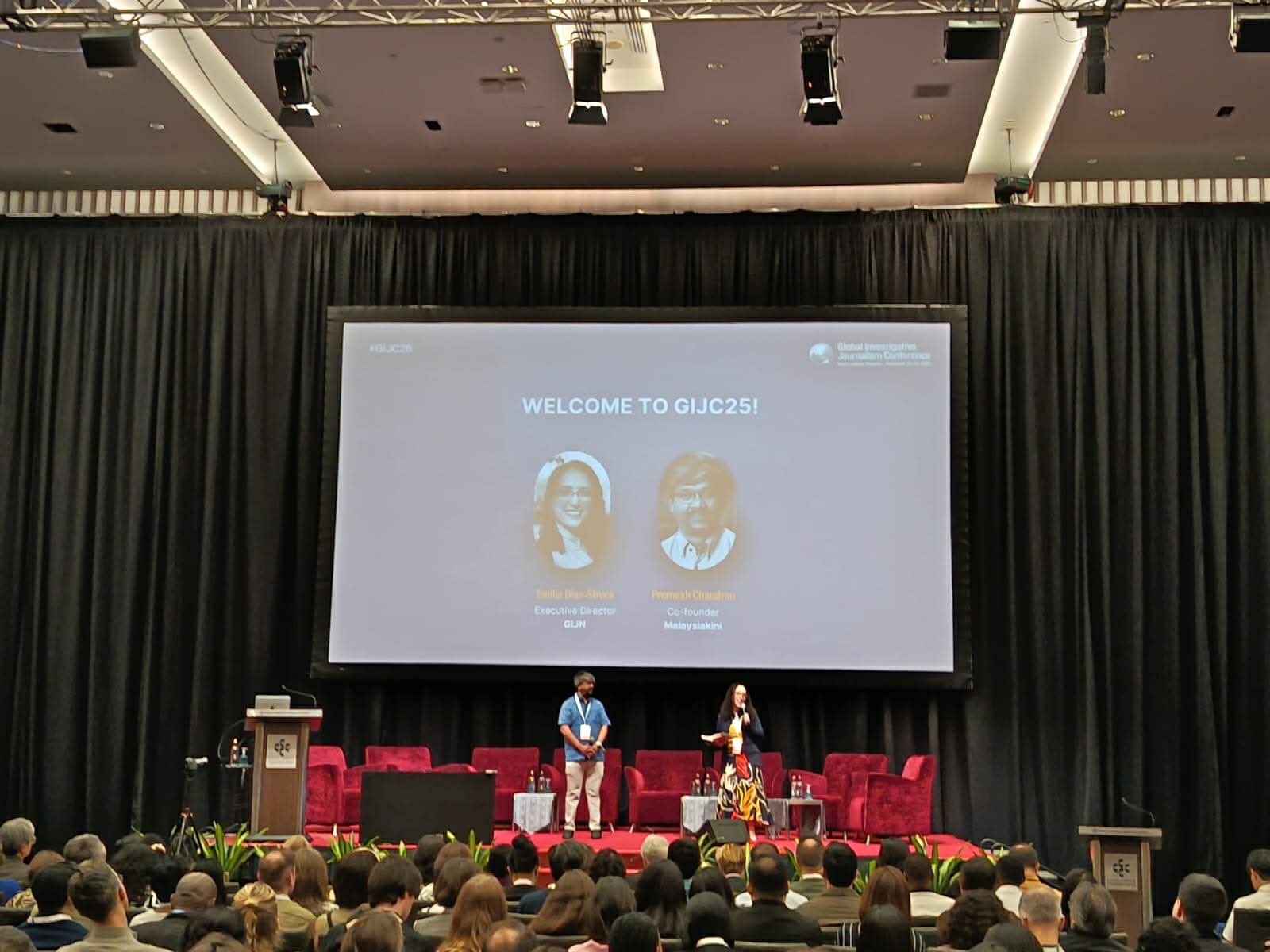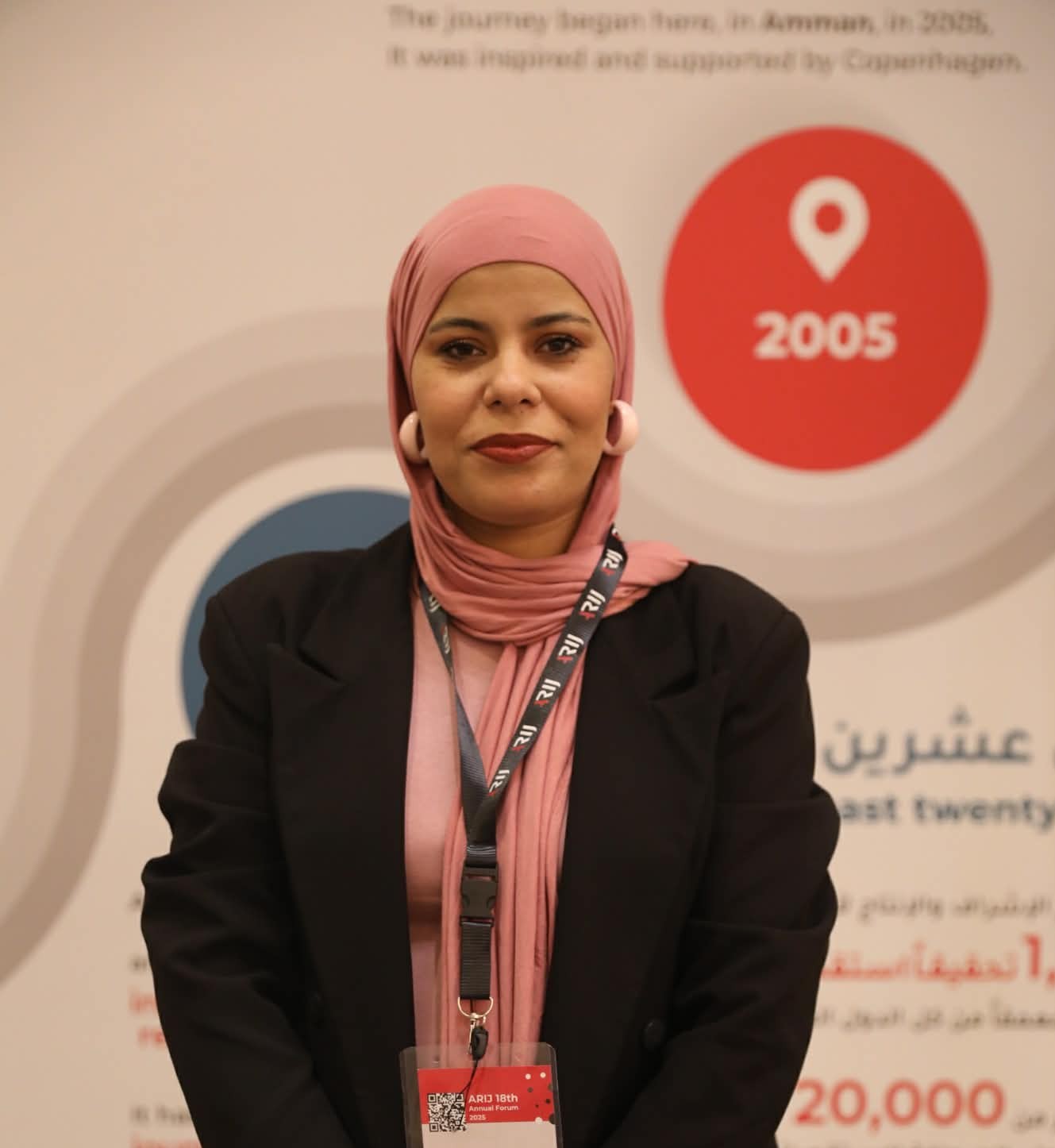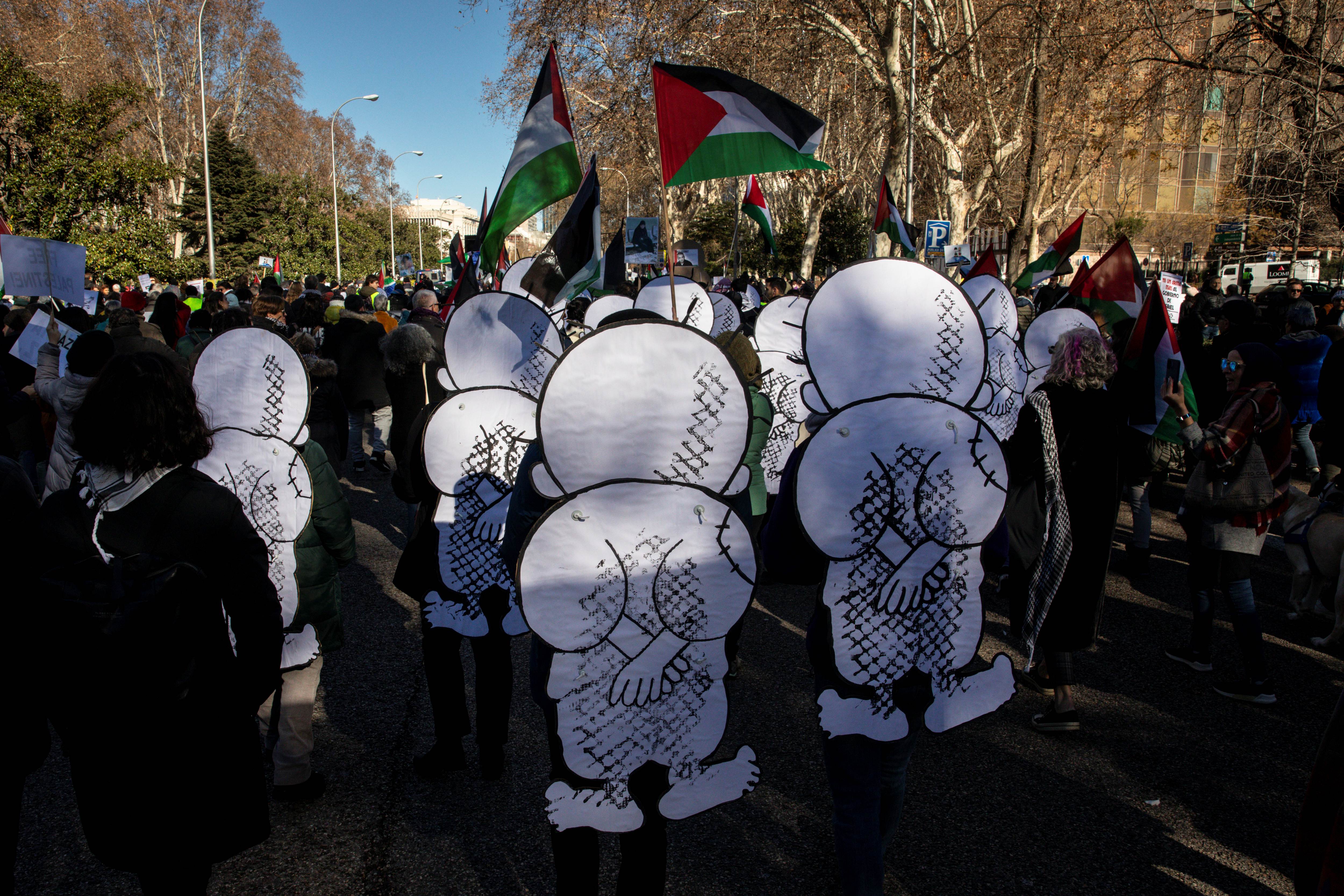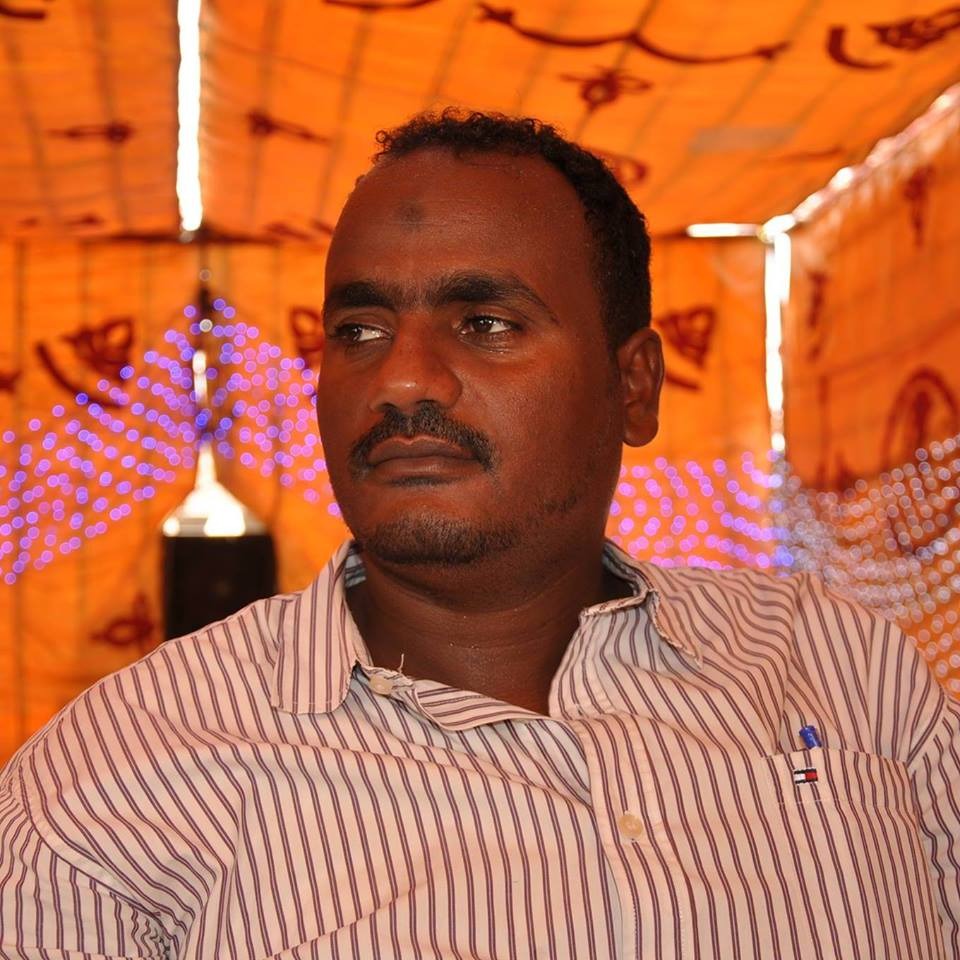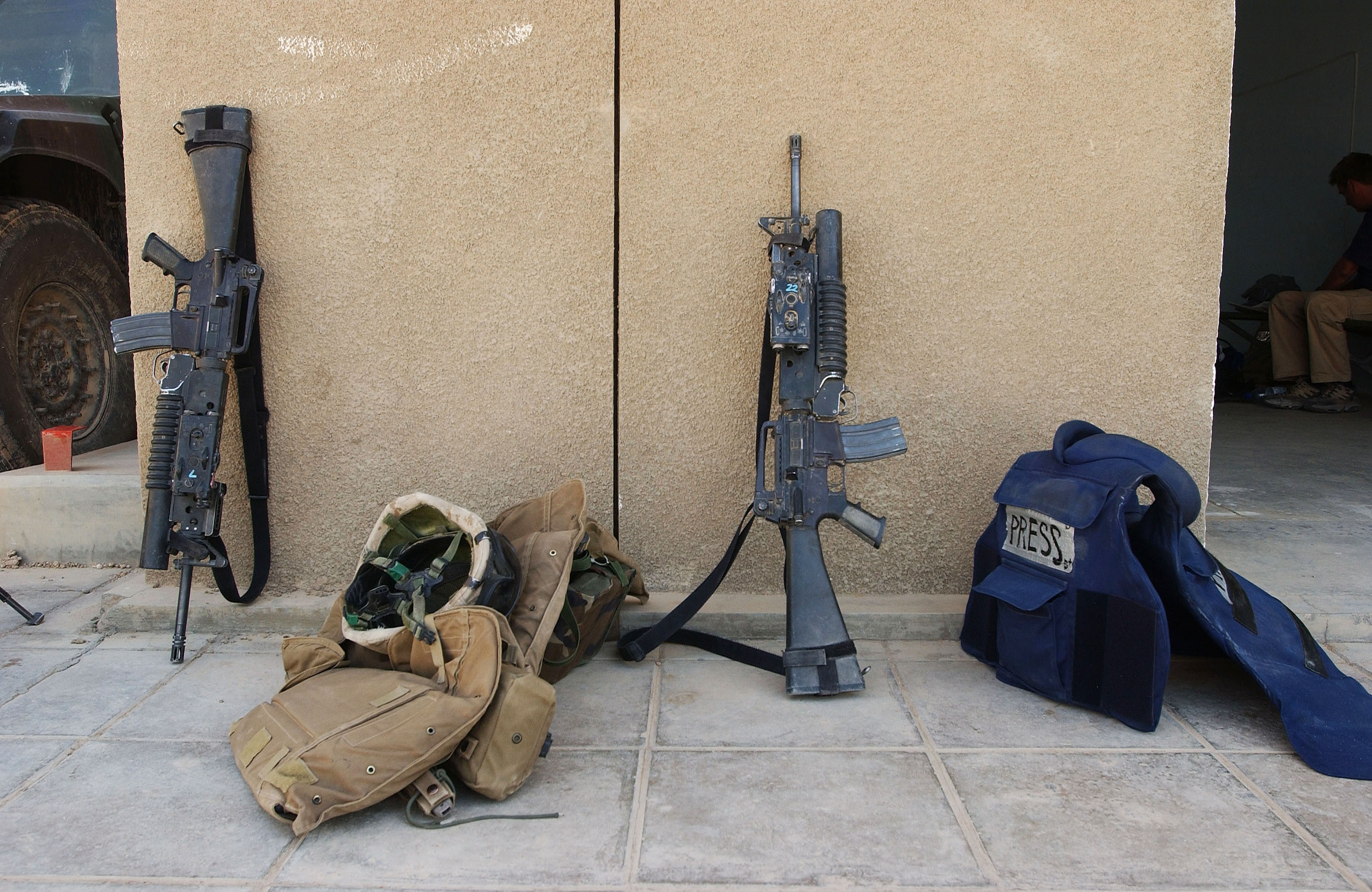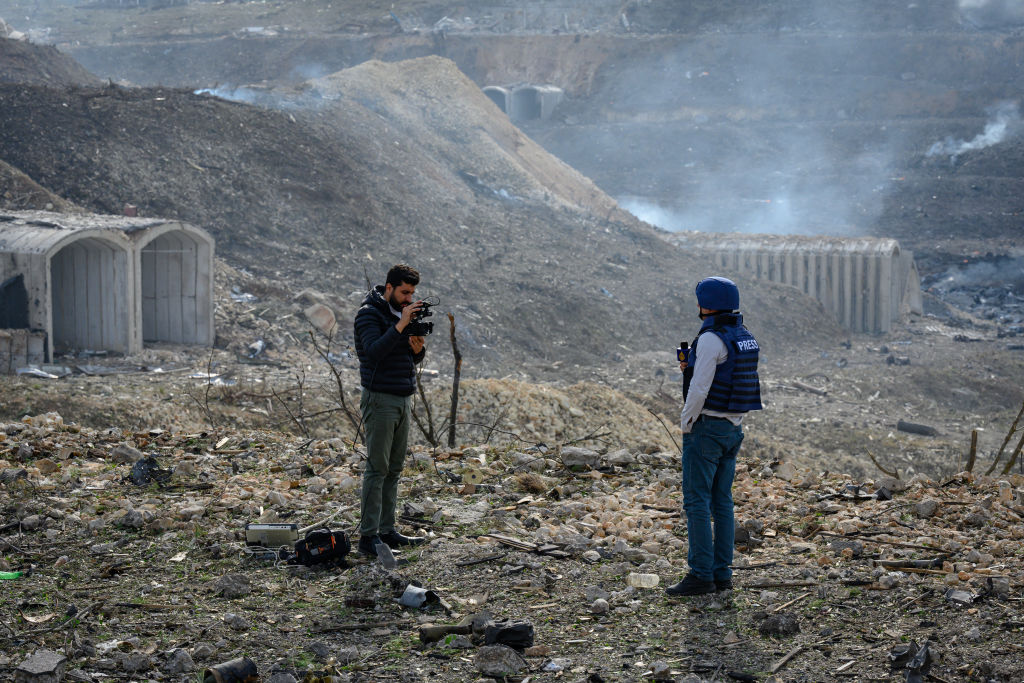In 2016, the Oxford English Dictionary chose “post-truth politics” as its word of the year. This term is used to describe a politics in which discussion largely takes place through appeals to emotion separate from the precise details of policy as they pertain to reality. Facts thus take second place to the pull of emotion. While some observers consider this to be a modern phenomenon, others have argued that this was the prevailing model in political life for a long time before the rise of the internet.
Regardless of its historical pedigree, the post-truth era has now become a reality for political scientists, who believe that fake news and misleading content is more widespread today than ever before and are often capable of radically reshaping political discourse. The best example of this is a study conducted by the US news website Buzzfeed, which found that one in four voters had read fake news on Facebook during the 2016 presidential elections. As a result, there is now a growing awareness of how widespread fake news has become – particularly in the age of social media.
In other words, observers believe that although fake news is far from a new phenomenon, under the aegis of social media websites, it has become a vast bubble controlling the general political mood of the public. At the same time, the use of the term “fake news” itself has been weaponised with regard to certain issues, particularly those pertaining to refugees and migrants.
The theory of moral panic as raw material for fake news
Moral panic is defined as a moment in “a situation in which public fears and state interventions greatly exceed the objective threat posed to society by a particular individual or group.” The concept was developed and popularized by the South African criminologist Stanley Cohen, who first used it to explain public reactions to youth disturbances in 1960s Brighton. Cohen demonstrated how these reactions affected the making and implementation of legal and social policy and communal conceptualisations of the threat posed by groups of young people.
The idea of moral panic has been used to understand many social problems, including gangs, schoolyard violence, child abuse and the mistreatment of immigrants and refugees.
Any observer of the current climate surrounding refugees in the West can easily grasp the essence of the ideological discourse used by populists worldwide. Instances of moral panic create a wide space in which lies about migrants will be accepted. This gives way to the reactions of a “panicked” majority who react in opposition to foreign groups like refugees or immigrants: this majority perceive the migrant minority as a threat to the central values of society and the economic privileges that citizens enjoy. Political campaigns then base their rhetoric on this discourse by giving ever more space to fake news and conspiracy theories.
The Growth of fake news against Refugees: Syrians in Lebanon
In 2018, the Lebanese TV channel MTV published a (later removed) report on its website stating that Syrians in Lebanon were to blame for a 5.6% rise in incidence of cancer in the country in recent years.
The report cited an oncologist who had been asked to explain the scientific reasons for the rise in the cancer rate. He attributed this rise to environmental pollution, which he blamed in turn on Syrian refugees – who he accused of being carriers of cancer-causing bacteria. The oncologist did not explain the nature of these bacteria. In any case, specialists confirm that cancer is not a communicable disease that can spread from one person to another, meaning that his claims were fundamentally nonsensical.
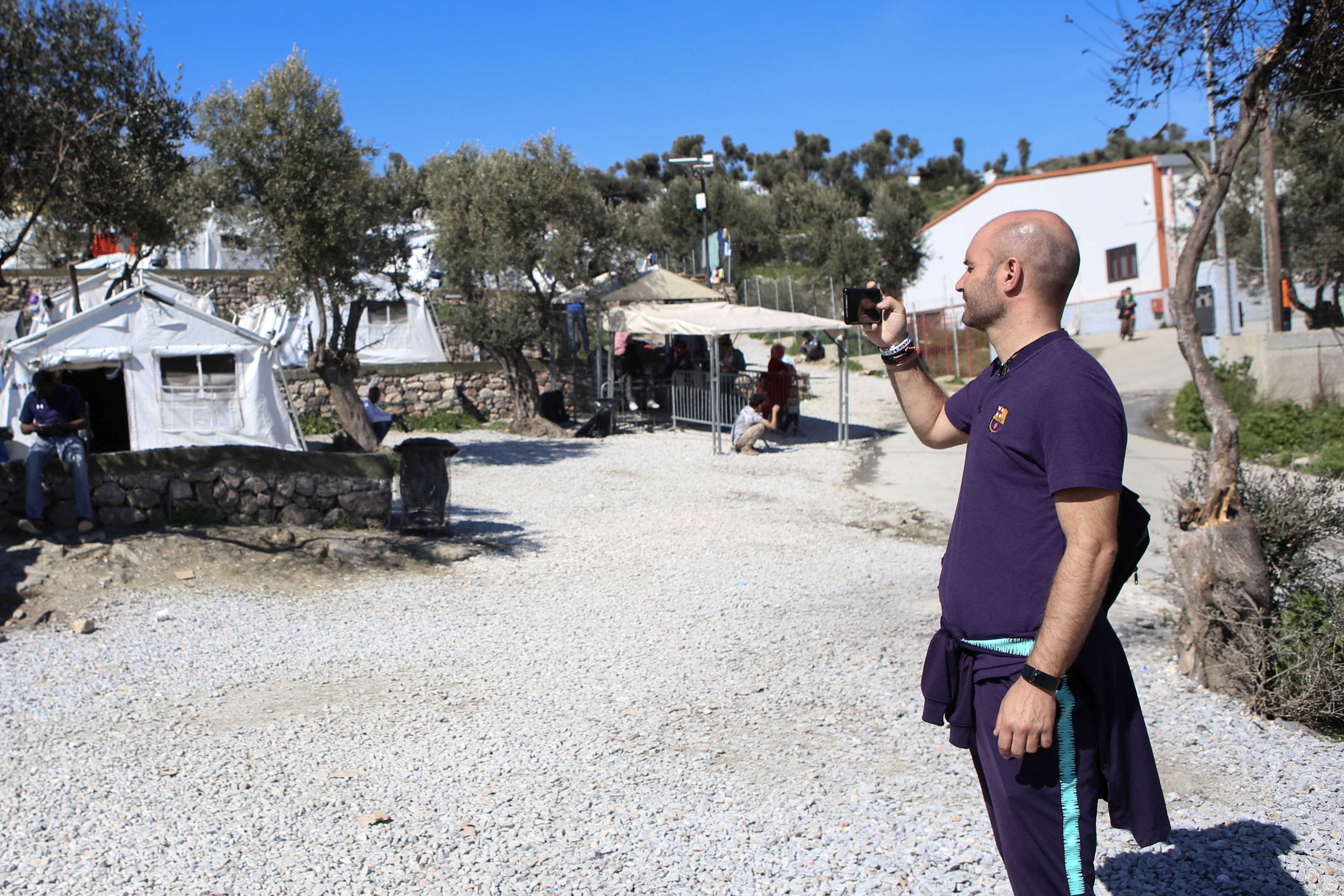
This statement met with a fierce reaction on social media from Syrian and non-Syrian public personalities alike using the hashtag #Syrians_are_the_cause_of_cancer_in_Lebanon. Much of the Syrian community in Lebanon also criticised it as a racist attempt to defame them – another in a long list of fake news items targeting refugees in Lebanon.
This was not the first example of an anti-refugee “moral panic” in the country. Several months before, a satirical TV show popularised the song “Foreigners in Our Own Country” (Sirna Nihna el-Mightirbeen), whose lyrics repeatedly accuse refugees of depriving locals of their social privileges. There have also been continuous attempts to brand refugees as violent in order to create a deeply-rooted climate of hatred against them – drawing on entirely baseless news stories.
The case of Lisa F.
Lisa (13) lives with her parents in East Berlin. In January 2016, she claimed to have been kidnapped and raped by three Middle Eastern migrants, only escaping after a 30-hour ordeal. The story was published on an official Russian news outlet, which claimed that the German police were refusing to investigate because they were convinced that the German girl had seduced the young men. The German authorities had in fact launched an investigation, but this did not satisfy the Russian government. In a press conference, Russian Foreign Minister Sergey Lavrov stated that "the girl clearly not disappeared for 30 hours voluntarily," and expressed his hope that the German government would not " paint over reality in a politically correct manner for domestic political reasons".
Lisa ultimately admitted in the presence of her family and police officers that she had made up the entire story, and that she had spent the entire 30-hour period at one of her male friends’ houses. The Russian media, however, made no effort to correct the story it had published even after the German authorities released a detailed report of the investigation.
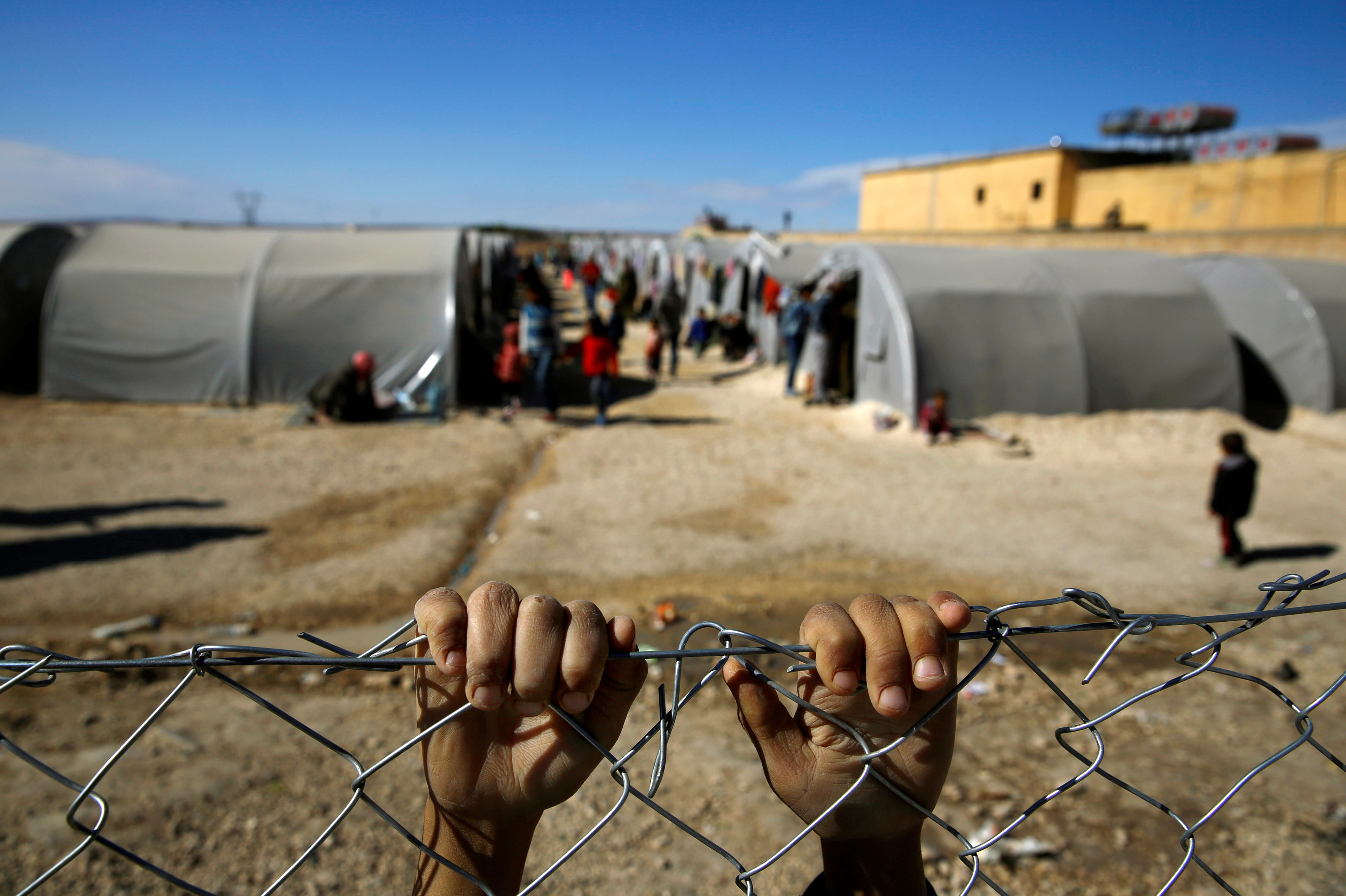
The Russian official TV report was disseminated very rapidly thanks to Russian propaganda and media outlets as well as social media reactions carrying all the hallmarks of a moral panic against refugees. This potent cocktail mobilised the Russian minority in Germany, supported by the German extreme right, who saw it as a golden opportunity to protest against the presence of migrants in Germany. As a result, protests against migration – and against Chancellor Angela Merkel – were organised in several German cities, with demonstrations continuing even after the story that had set them off was shown to be false.
The story and the fabrications that surrounded it was taken up by the world media as a perfect example of how fake news can be used to turn public opinion against official migration policy. Senior German officials believe that Russia was actively attempting to undermine public trust in Merkel using refugees. Those protesting outside Merkel’s office carried placards declaring that “Our Children Are In Danger” or warning “Today Our Children, Tomorrow Yours!”, as well as other slogans branding refugees as criminals without any evidence.
Fake news and the settling of political scores with refugees
Those following this issue closely were easily able to work out the real reason for Russia’s behaviour: it was a way to settle political scores with the German Chancellor because of her uncompromising position on the Ukrainian crisis. Merkel has stubbornly refused to relax sanctions on Russia because of its annexation of the Crimea and its support for separatists in Eastern Ukraine.
In this particular case, falsified and misleading information became a dangerous weapon influencing public opinion. And few issues are more effectively weaponised than immigration.
It is notable that only a month and a half before the case of Lisa F., Germany was shocked by similar events in Cologne, where more than one thousand women were assaulted by foreign men. The difference between the Lisa case and the events in Cologne is that in the former there was a massive Russian media mobilisation within Germany, while the latter was dealt with in its local context as a policing failure.
It would not be correct to say that false news is impossible to control, whether by raising popular or governmental awareness. But this will require innovative methods distinct from the infamous “fake news” laws that have become popular with regimes throughout the Arab World, who see them as an opportunity to settle political scores.
It might be that the problem of fake news cannot be addressed by negative laws. An example worth imitating, however, might be the law passed by the Czech Republic, which created a special bureau within the Interior Ministry that is empowered neither to enforce laws or censor or remove content but only to issue statements on cases of misleading content. This bureau is staffed by experts who provide the government and the public with detailed reports on such cases.
In a time of such broad technological horizons, there are many possibilities for innovative new ways to deal with fake news and its effect on public opinion and policy.
*Cover photo depicts refugees and migrants sleeping on the deck of the Spanish NGO Proactiva Open Arms rescue vessel Golfo Azzruro after being rescued off Libyan coast north of Sabratha, Libya on February 18, 2017. (David Ramos-Getty Images)
